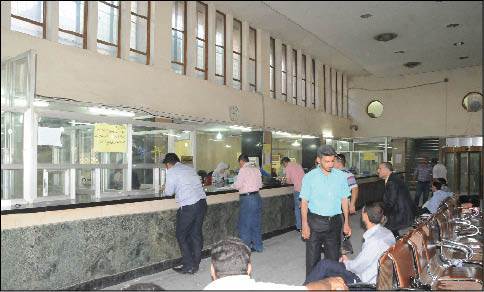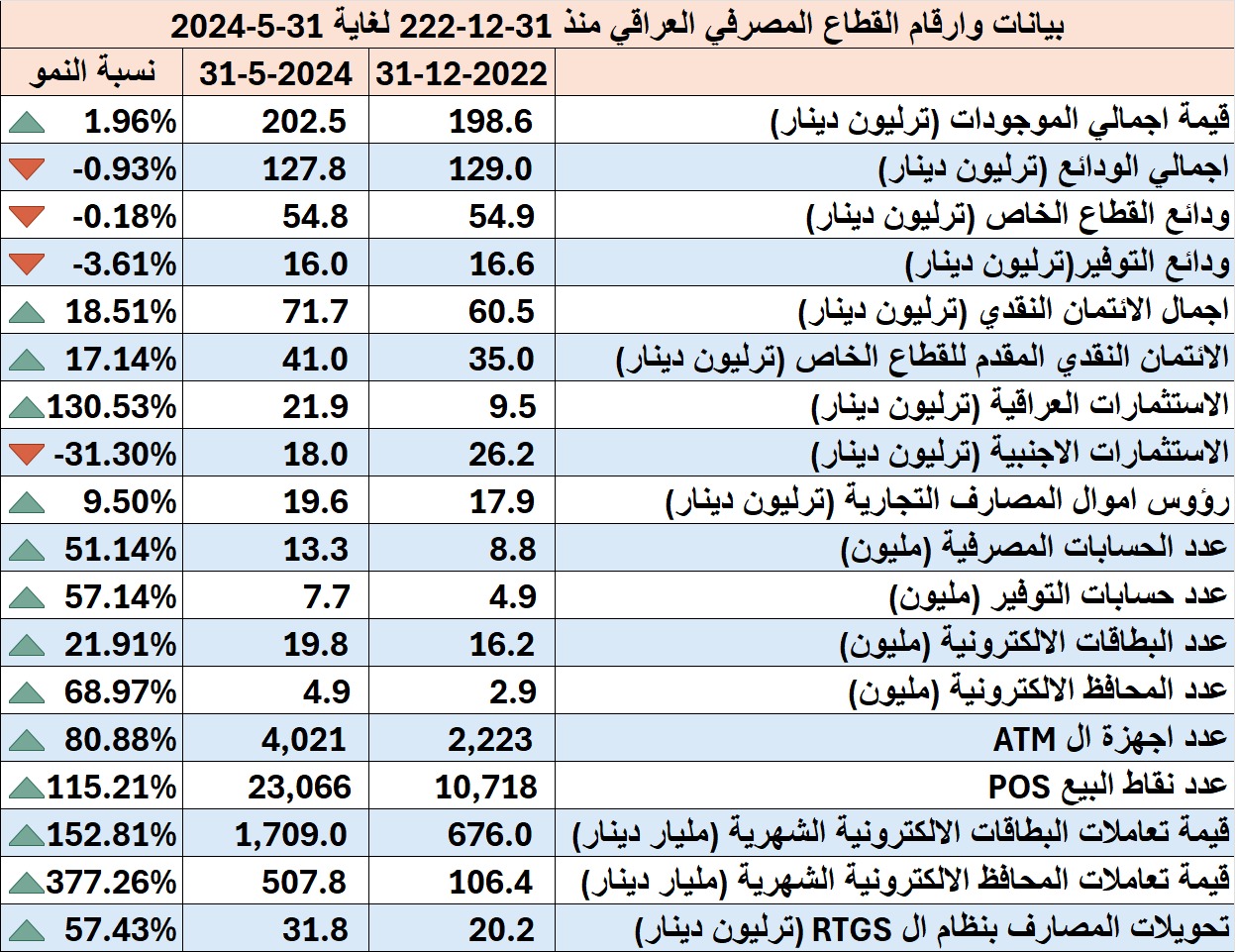GINGER
💢 Suggested Questions to ask at your "camper" appointment.
💜 Please see Ginger's "Campsite" sub group for more helpful checklists and tips for preparation to guide you in your redemption or exchange appointment planning. Ask for a link to join in our Private GLL chat groups, please. 💜
1. Ask up front for a copy of all signed documents and agreements.
2. Get printed receipts of all transactions in regards to all accounts which includes deposits, debits and current balances.
3. Ask to please give you the best rate possible! Are there any stipulations (conditions) on the contract rate if available?
4. Do I need any other accounts or sub accounts in addition to my new QFS account? What do I do with the accounts I have now?
5. Can I have multiple sub accounts with QFS accounts or must they be in a bank?
6. How much can I bring down under each sub account?
7. Will interest be paid on money if kept on the QFS and how many accounts can I get that interest in?
8. If so, how much interest are we getting and when does it start?
9. Can I get that in quarterly installments?
10. How much interest can I get on the Zim monies? If only allowed to pull down a certain amount when will I be able to get interest on the other monies?
11. Is there a max amount I can put into the primary account that I will get interest on?
12. Will there be a QFS class to learn how to access, deposit, withdraw, etc.?
13. Will I need to purchase a separate computer just for QFS banking?
14. Am I being given an immediately active and secure debit card attached to my QFS Mother-load account today and if so, how do I keep the account safe?
15. I have never done a humanitarian project. Is there a team that can help with my set up and implementation needs? Do I need to start the process immediately?
16. Is there a need for any security measure to be put in place for me and my new QFS account?
17. Get business cards of everyone you speak to!
18. Make sure you see money in the account before you leave the building!! Count twice before signing off.
19. Get 100 checks for subaccounts (ask if that many is necessary, you do not want a big paper trail)
20. “Proof of Funds”-Clean Clear Certificates- get many denominations- and a Debit Card for Mother accounts. Only carry a debit card for lower amounts in case it is stolen (personal account). Change password from the one they give you.
21. All money should go into the QFS account (NONE to their bank). Set a limit of how much physical cash that will be allowed to take out of the bank and home with you.
22. Flag all accounts as “ACCESS RESTRICTED TO NON-ESSENTIAL PERSONAL”. Also, flag for accounts not to be in Test and Production.
23. Does FDIC still apply or do I need Lloyds Insurance over $250k? Make sure you are not paying a Spread fee (a reduction of the rate because the bank takes a fee for facilitating the transaction)
24. Is there lost/stolen card protection?
25. Do you need to get a new phone or wait for the new QFS phone?
26. Ask to fill out a POD (Payable on Death) and take with you.
27. What forms are needed to hire a team without violating our NDA?
28. For banking purposes/wealth managers (we do not need a wealth manager) all accounts should be Non-testing, Non-training accounts either online or offline. Require that the bank manager be the only person with direct access to your account. No general teller is to have access. Privacy and security need to be safeguarded. ALL MONEY STAYS ON QFS SYSTEM!!
29. Is my money protected by the devaluation of the USD?
30. How soon can I make a Med-Bed appointment?



